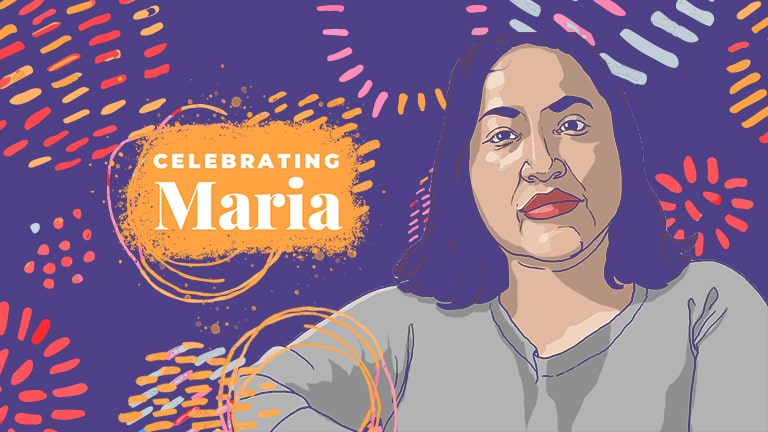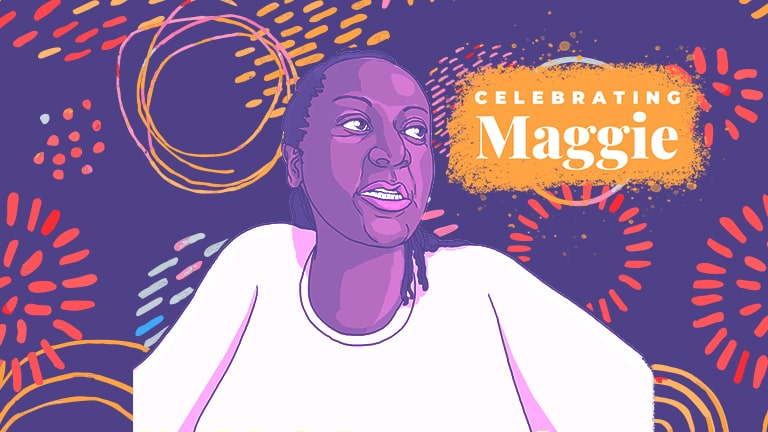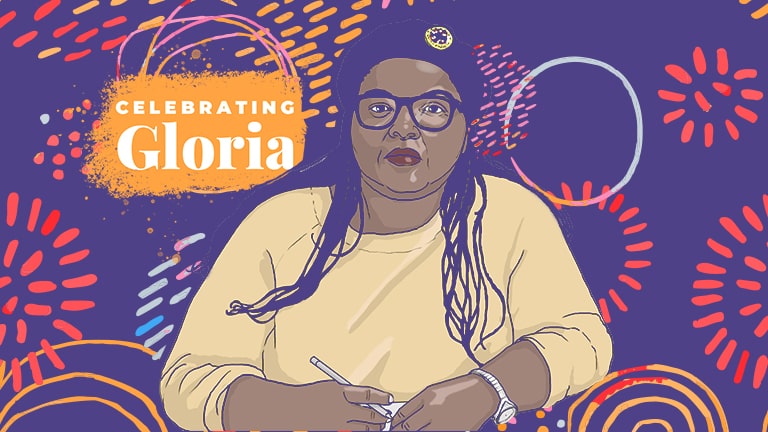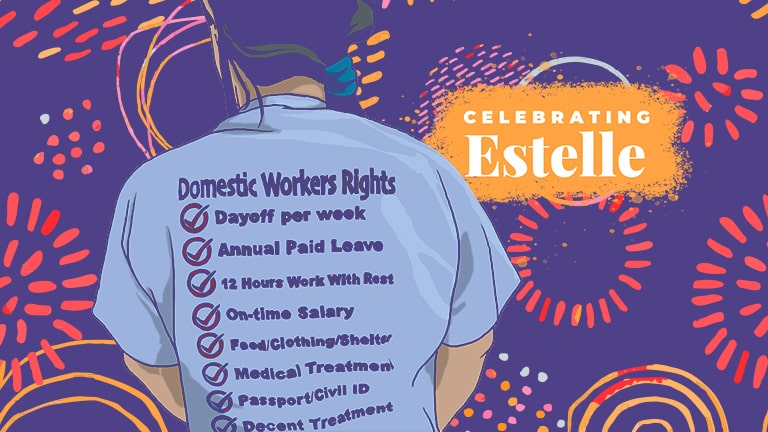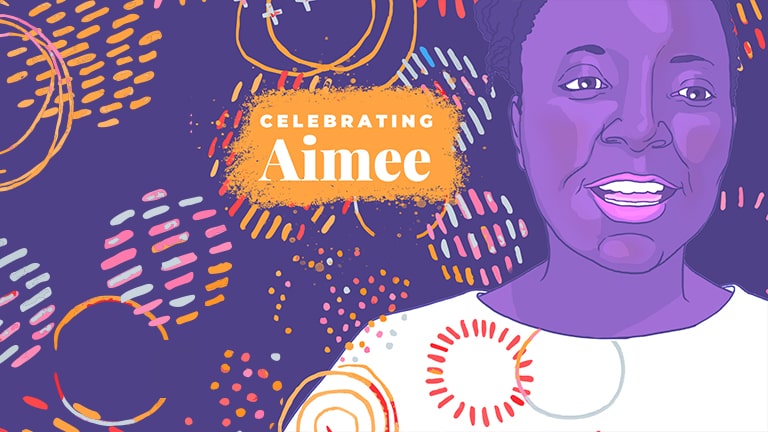
Cheryl: Doha, Qatar
It’s her day off, and Cheryl has just returned home from a monthly social event hosted by the Bayanihang Domestic Workers Association of Qatar (BDWQ). Usually about 50 migrant domestic workers from countries like the Philippines, Kenya, Nepal and Bangladesh, gather in a public park to share food, stories and support. The more the better, as far as Cheryl is concerned. She’s learned the hard way that community is a lifeline during tough times. She wishes she had been surrounded by community when – years ago – things went horribly wrong for her.
Before coming to Qatar, Cheryl took a position as a migrant domestic worker in the UAE. But the promise of a better future soon turned to ash when she found herself in jail, without any idea of why she was there, or how to get out.
In the UAE – as in the Gulf, Lebanon, and Jordan – the Kafala system is prevalent, meaning that the status of migrant workers is tied to the sponsoring employer, and not to prevailing labour laws and regulations. Without legal safeguards governing their employment, migrant workers have been vulnerable to employers who hold all power in the relationship. Cheryl has first-hand knowledge of the tragic consequences of this vulnerability, and how a worker’s well-being can be subject to an employer’s whim. When she was sent to jail she was powerless, with no resources and no support. Her nightmare ended only because – days later – her employer discovered her innocence and offered to reinstate her. But Cheryl no longer felt safe, and returned home to the Philippines.
Soon after, Cheryl accepted work in Qatar, but vowed to never be a victim again. She learned as much as she could – through friends and social media –about the rights of migrant domestic workers, and what to do if there’s a problem. An online chat group rose out of this information sharing, and eventually the group started to meet in person for coffee once a week. They shared info and support, and talked about others that needed help; migrant domestic workers they knew of who were being mistreated and even abused. ‘What if we make this group more useful?’ they wondered, ‘Spend our coffee money on helping each other?’
Since that day in the coffee shop, and with the support of the IDWF, BDWQ has been raising awareness and reaching out to migrant domestic workers in distress. “We have come a long way,” says Cheryl, “but there is still a long way to go.” International and local organising efforts have led to a 2017 Qatari law outlining the rights of migrant domestic workers to things like decent wages, maximum daily hours of work, rest time, days off and rights to benefits such as paid holidays, sick leave, and medical care. Still, every day Cheryl hears from migrant domestic workers who are overworked, underpaid, and abused – but who won’t file a legal complaint out of fear of reprisals from the employer. She also hears stories tragically similar to hers – where power imbalances and biases from employers leave migrant domestic workers vulnerable. BDWQ will continue to reach out to, and advocate for these women. Cheryl wants to prevent what happened to her from happening to others, and she knows that together the community can do much more than one woman alone. As the BDWQ motto says: “We start together, we finish together, no one left behind.”


